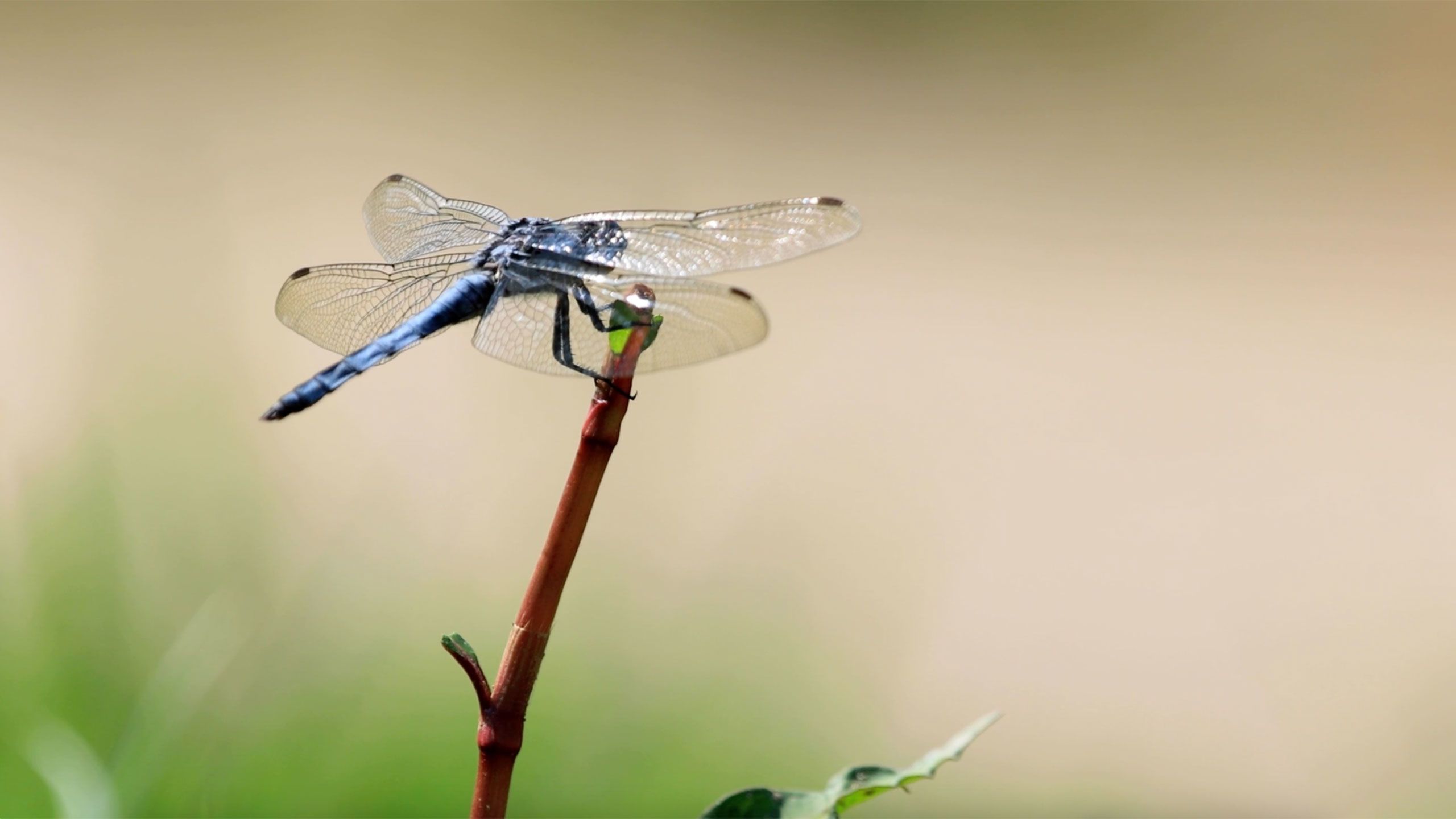Why Does Biodiversity Matter?
Researcher uses $925K NSF grant to study causes and consequences of biodiversity from past geological time to the present

Biodiversity is the broad term used to describe the wide array of life found across the globe, from the millions of different species that roam the planet to the various ecosystems that support those species. That biodiversity is increasingly threatened by pollution, habitat loss, increasing urbanization, overexploitation of resources, and climate change. With the support of a five-year, $925,000 National Science Foundation CAREER grant, Angélica González, associate professor of biology at Rutgers University in Camden, is working to understand the causes and consequences of biodiversity loss.
“There is considerable scientific evidence that the loss of biodiversity will lead to subsequent declines in the functioning and stability of the Earth’s systems and the benefits that people derive from nature,” González said.
González leads the GonzálezLAB for Integrative Ecology at Rutgers–Camden, where her research is aimed at gaining a greater understanding of the underlying mechanisms of biodiversity patterns over time, how biodiversity is being affected by natural and human-induced environmental changes, and the likely ecological consequences of these changes.

Angélica González, associate professor of biology
Angélica González, associate professor of biology
“Biodiversity is essential for the functioning and persistence of our planet,” said González. “Biodiversity regulates the life-sustaining cycles needed for fresh water and nutrients, provides climate regulation, and produces the natural resources we rely on every day. Most of the benefits we obtain from nature are dependent on the diversity of species and their abundance within ecosystems.”
Currently, biodiversity is declining worldwide at rates never seen before in human history. Researchers have projected that one million plants and animals are at risk of extinction, many within the next several decades. The last time such a mass extinction event occurred was when the dinosaurs died off more than 65 million years ago. Additionally, research has shown that as much as 40 percent of Earth's land surfaces are considered degraded. The rate of biodiversity loss is so serious that the World Economic Forum’s 2022 Global Risks Report ranked biodiversity loss as the third most severe threat humanity will face in the next 10 years.
“Biodiversity is being threatened by the increasing human footprint,” said González. “This is not only causing biodiversity loss but is also driving large shifts in the distribution, composition, and abundance of biodiversity. The biodiversity crisis is a major ecological, social, and economic problem.”
“Most of the benefits we obtain from nature are dependent on the diversity of species and their abundance within ecosystems.”

The current losses in biodiversity were the focus of a United Nations conference, COP15, held in Montreal in December. At that meeting, nearly 200 countries approved a sweeping agreement to protect 30 percent of the planet’s land and oceans by 2030 and to take a slew of other measures against biodiversity loss. “Although it is ambitious, those targets can be achieved if communities, governments, and scientists take transformative action,” said González. She emphasized the challenge will be implementing the processes needed to achieve the stated targets, as well as monitoring overall progress.

As a Hispanic woman working in ecology, González serves as a role model for other young women and minorities eager to pursue a dream in the sciences. She was the first female tenured professor in the history of the biology department at Rutgers–Camden, as well as the first tenured Latina professor.
According to the International Panel on Climate Change, only 33 percent of the authors of recent IPCC reports were women. The percentage of women inventors for environment-related technologies also remains low at just 13 percent, and the Nature Conservancy reports that less than 30 percent of researchers globally are women.
“I always noticed the lack of representation of female professors and role models,” said González. “This can affect young people's career choices. Young people could unconsciously develop stereotypical images of STEM as a male-dominated realm.” González recalled finding her first female mentor as she was completing her postdoctoral work, and how inspiring and influential that relationship was for her as a young female scientist.
She encourages women interested in the sciences to have confidence and know that there are opportunities available to them in science and related fields. “I think one of the most important attributes is to have confidence in yourself and your own abilities,” said González. There will always be challenges, rejections, and setbacks, but learn from these and develop resilience. Be perseverant, and do not think that you struggle alone.”
Similarly, when it comes to biodiversity, González notes that it is essential to appreciate that everyday actions have an impact on the health of the planet and affect the ongoing fight to sustain current levels of biodiversity. “We need to understand that we, human beings, are part of the natural world along with the other species,” González said. “The species that coexist with us are part of nature and have the right to be on this planet as much as we do.”




Creative Design: Karaamat Abdullah